China has flown vines into orbit on its new ‘space palace’ laboratory, Tiangong-2, to experiment with vines’ resistance to drought and cold weather.
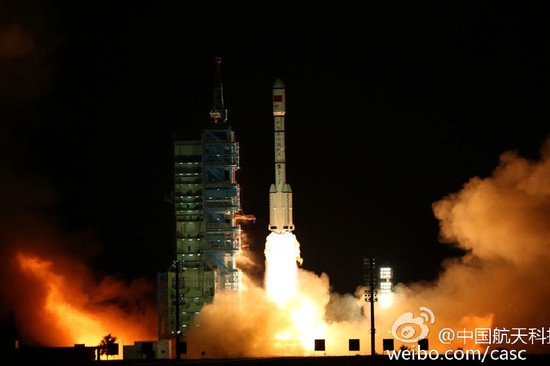
China launched Cabernet Sauvignon, Merlot and Pinot Noir vines into space on a rocket during its mid-autumn festival celebrations on 15 September.
It is part of the launch of the Tiangong-2 space laboratory, which was originally anticipated in 2015. Tiangong translates as ‘space palace’.
Chinese scientists hope that growing wine in space will trigger mutations in the vines that may make them more suitable for the harsh climate in some of the China’s emerging vineyard regions.
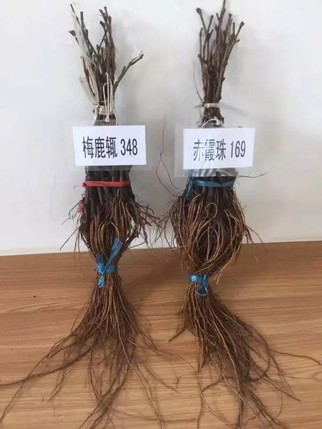
The vines came from a nursery based in Ningxia’s Helan Mountain East region, one of China’s most renowned quality wine regions, reported Ningxia local media.
The nursery is owned by the Chenggong Group, which has been importing vines from France’s Mercier Groupe since 2013.
Related article:
Chinese officials promise to speed up grapevine imports
Ningxia gets power to import grapevines directly
Chinese scientists are hoping that space radiation may trigger mutation on a genetic level in these vines.
These genetic changes may help the vines to evolve new resistance to coldness, drought and viruses, said the nursery.
These qualities are deemed to be more suitable for China’s arid inland wine regions, including Ningxia and Xinjiang.
Producers in Ningxia must currently bury vines in winter to protect them from freezing temperatures.
Related article:
Li Demei: The vines in the Chinese vineyards have been dug out of the ground
Li Demei: Defining the Chinese wine regions
After the trip to space, these vines will be researched in the Ningxia nursery and compared against a control group, so as to find the most suitable mutation, said the Chenggong group.
In October, China will send a crew of two male astronauts via the Shenzhou 11 spaceflight to the Tiangong-2 and perform scientific researches for 30 days, according to China National Space Administration.
All rights reserved by Future plc. No part of this publication may be reproduced, distributed or transmitted in any form or by any means without the prior written permission of Decanter.
Only Official Media Partners (see About us) of DecanterChina.com may republish part of the content from the site without prior permission under strict Terms & Conditions. Contact china@decanter.com to learn about how to become an Official Media Partner of DecanterChina.com.

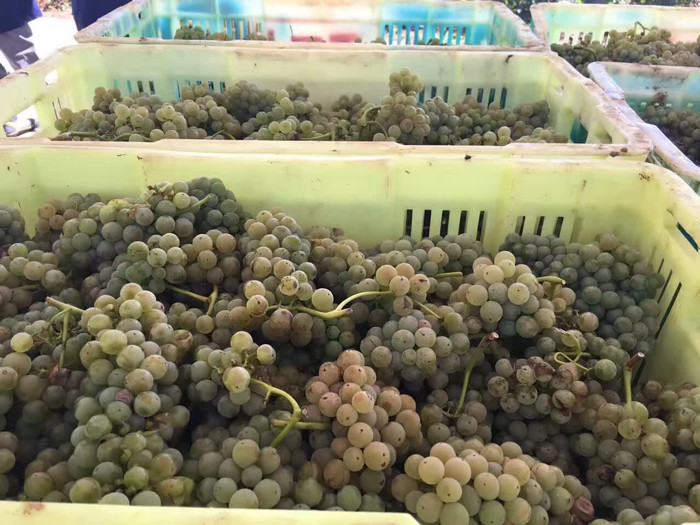
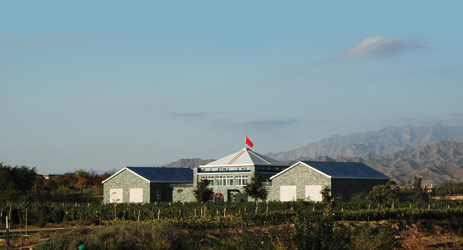
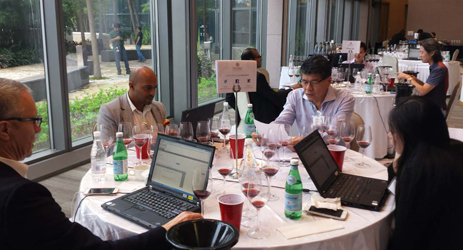
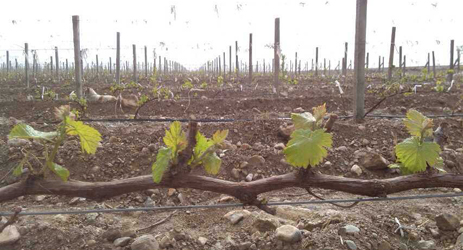
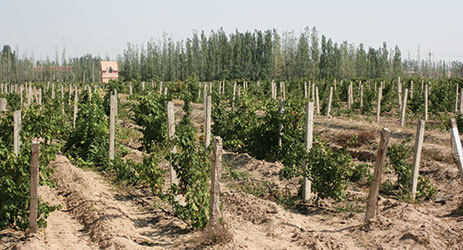
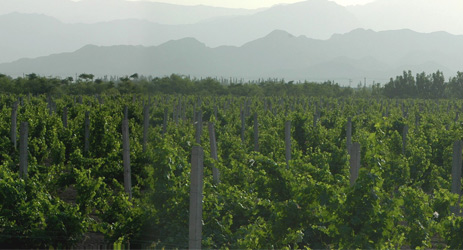
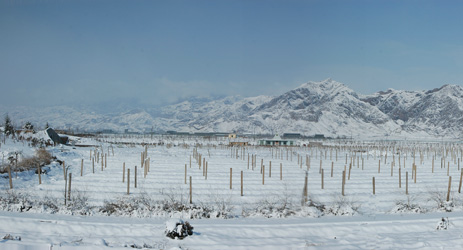
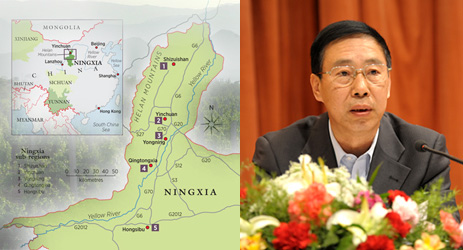
Comments
Submit